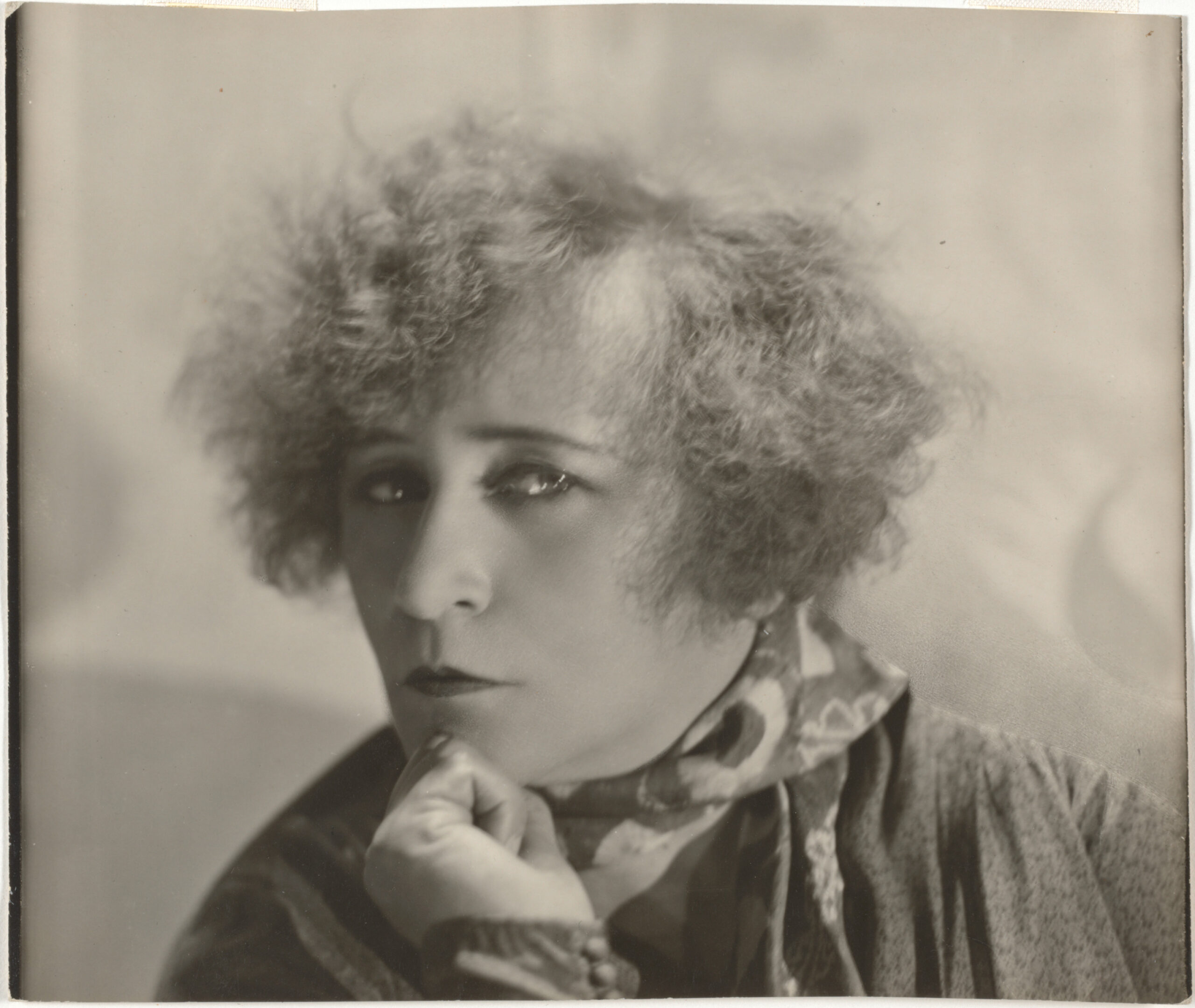June 10, 2021
BMA Opens Women Behaving Badly: 400 Years of Power and Protest

Featuring Over 75 Artworks that Celebrate Formidable Women and Their Contributions to History
BALTIMORE, MD (June 10, 2021)—From the heroines of ancient myth to the female trailblazers of the modern era, centuries of independent and rebellious women have been trivialized or condemned through the degrading myths and gendered stereotypes perpetuated in printed imagery. From July 18–December 19, 2021, the Baltimore Museum of Art (BMA) presents an exhibition that captures visual representations of independent, defiant, and sometimes misunderstood women and explores the role of European and American art in both continuing their condemnation and celebrating their achievements. Women Behaving Badly: 400 Years of Power and Protest features over 75 prints, photographs, and books from the Renaissance to the early 20th century drawn from the BMA’s vast works on paper collection and supplemented with loans from the Library of Congress, Smithsonian Institution, Johns Hopkins University, Princeton University, Maryland Center for History and Culture, and private collections.
“Rebellious women who pushed against the confines of their prescribed roles to assert agency and claim their human rights have long been trivialized, shamed, and punished. Art has played a powerful role as a messenger through time and culture, both upholding and reimagining longstanding misconceptions,” said Andaleeb Badiee Banta, BMA Senior Curator of Prints, Drawings & Photographs. “Women Behaving Badly reclaims the representations of women whose actions were chronicled in visual culture as transgressive, inflammatory, and disruptive and celebrates the groundwork they laid for generations of women afterward.”
The exhibition begins with historic European depictions of the women of ancient Greek and Roman narratives whose independence was often seen as undermining male heroism. These ideas, represented by artists for centuries, shaped Western thought about the role of women in society. Women Behaving Badly continues with archetypal imagery of witches, vampires, and other embodiments of female temptation by artists such as Albrecht Dürer, Francisco Goya, and Edvard Munch, and includes depictions of Eve, Delilah, and Salomé whose Biblical stories are defined by their misdeeds. These narratives—and the artworks that they have inspired—have continued to present female ambition, independence, and achievements as elements to be contained or banished for the betterment of society.
The second section of the exhibition is devoted to the modern era—from circa 1800 to the period of first-wave feminism in the early 20th century—when women began to break with traditionally domestic designations of wife and mother and assert their presence into the public sphere in an attempt to rectify centuries of disenfranchisement and oppression. Among the formidable women depicted are performers Josephine Baker, Sarah Bernhardt, Isadora Duncan, Bessie Smith, and Anna May Wong; authors Collette, Julia Ward Howe, George Sand, and Virginia Woolf; and activists Susan B. Anthony, Harriet Tubman, and Sojourner Truth. Among the artists documenting these women are Henri de Toulouse-Lautrec, Man Ray, Edward Steichen, Carl Van Vechten, and James Van Der Zee. Female artists who portrayed the pioneering modern women in the exhibition include Bernarda Bryson Shahn, Elizabeth Catlett, Gisèle Freund, Frances Benjamin Johnston, and Sarah Choate Sears.
In addition to informative wall texts and quotes by ground-breaking women, 20 objects in the exhibition have additional content on BMA Go Mobile [gomobileartbma.org], the museum’s smartphone-optimized website. Examples include Edward Steichen’s photo of groundbreaking actress Anna May Wong with clips of her most prominent films and a photo of lifelong activist Mary Church Terrell videos about her advocacy for civil rights and women’s suffrage.
Women Behaving Badly: 400 Years of Power and Protest is curated by BMA Senior Curator of Prints, Drawings & Photographs Andaleeb Badiee Banta.
This exhibition is supported by Nancy Hackerman, Clair Zamoiski Segal, Amy and Marc Meadows, Patricia Lasher and Richard Jacobs, and the Samuel H. Kress Foundation.
About the Baltimore Museum of Art
Founded in 1914, the Baltimore Museum of Art (BMA) inspires people of all ages and backgrounds through exhibitions, programs, and collections that tell an expansive story of art—challenging long-held narratives and embracing new voices. Our outstanding collection of more than 97,000 objects spans many eras and cultures and includes the world’s largest public holding of works by Henri Matisse; one of the nation’s finest collections of prints, drawings, and photographs; and a rapidly growing number of works by contemporary artists of diverse backgrounds. The museum is also distinguished by a neoclassical building designed by American architect John Russell Pope and two beautifully landscaped gardens featuring an array of modern and contemporary sculpture. The BMA is located three miles north of the Inner Harbor, adjacent to the main campus of Johns Hopkins University, and has a community branch at Lexington Market. General admission is free so that everyone can enjoy the power of art.
Press Contacts
For media in Baltimore:
Anne Brown
Baltimore Museum of Art
Senior Director of Communications
abrown@artbma.org
410-274-9907
Sarah Pedroni
Baltimore Museum of Art
Communications Manager
spedroni@artbma.org
410-428-4668
Alina Sumajin
PAVE Communications
alina@paveconsult.com
646-369-2050